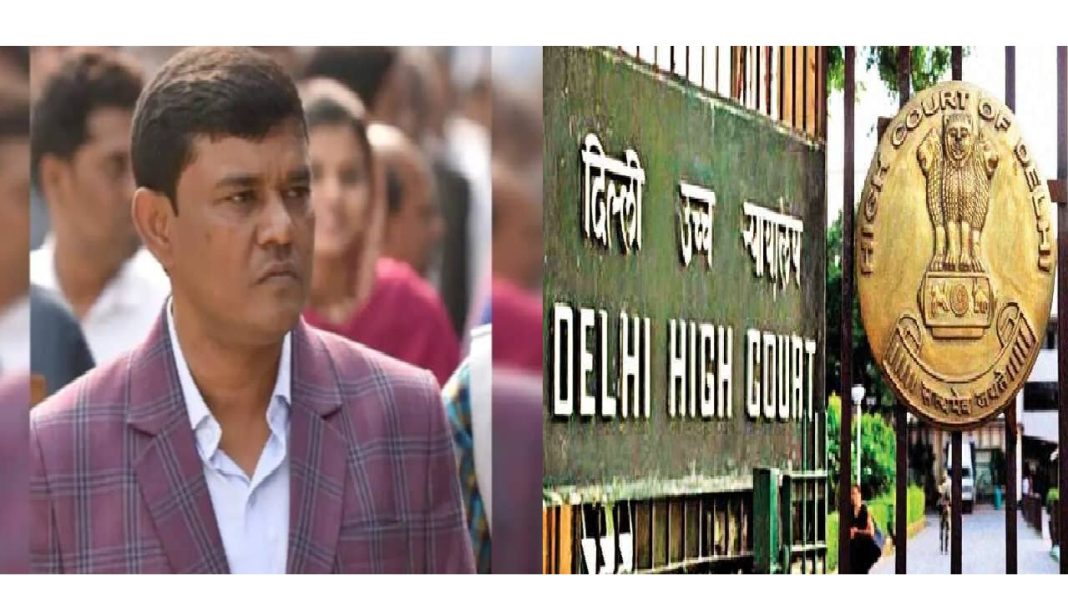On the plea challenging investigation into money laundering case of the Karnataka Congress President DK Shivakumar, the Delhi High Court has issued notice to the Directorate of Enforcement (ED).
A Division Bench of Justice Mukta Gupta and Justice Anish Dayal has asked the Enforcement Directorate to respond to the plea latest by December 15.
No order staying coercive action against Shivakumar has been passed by the Court, due to non availability of any application in the same.
The Congress President from Karnataka went to Court arguing that this case has been already investigated by the Enforcement Directorate in a previous case lodged against him in 2018.
In 2018, it was alleged that the Congress President had joined hands with some people in a money laundering case when he was serving in Karnataka State as a Minister and MLA.
He argued that as per the second ECIR he is alleged of acquiring assets which were disproportionate to his known sources of income between 2013-18
The petition states that the respondent in the 1st ECIR had sought custody of the petitioner primarily to investigate the issue pertaining to the growth in assets of the petitioner during the period he served as the Minister and MLA in the State of Kamataka.
It also sates that the fresh proceedings under the PML Act on identical facts and covering the same period is infringement under Article 20(2) and Article 21 of Constitution.
The petition also challenged Section 13 of the Prevention of Money Laundering (Amendment) Act, 2009 which deals with criminal misconduct by a public servant.
Under this section public servant can be punished for receiving illegal gratification by using their public office, misappropriating property or owning property beyond known sources of income.
Shivakumar was represented by non other than the Senior Advocate Kapil Sibal,who argued that the Section raises a very fascinating question because once it is concluded that the assets are disproportionate assets, there cannot be money laundering.


